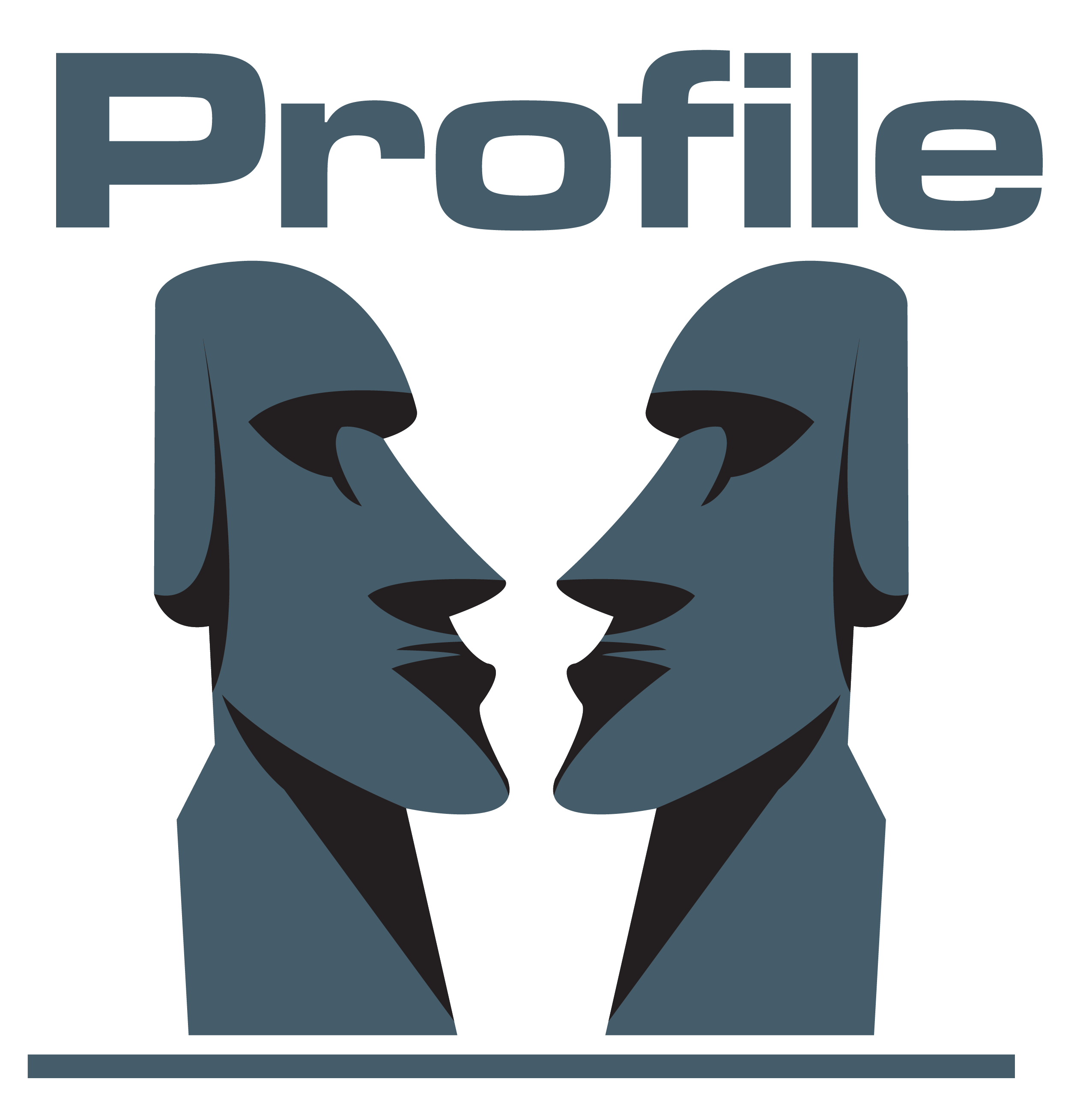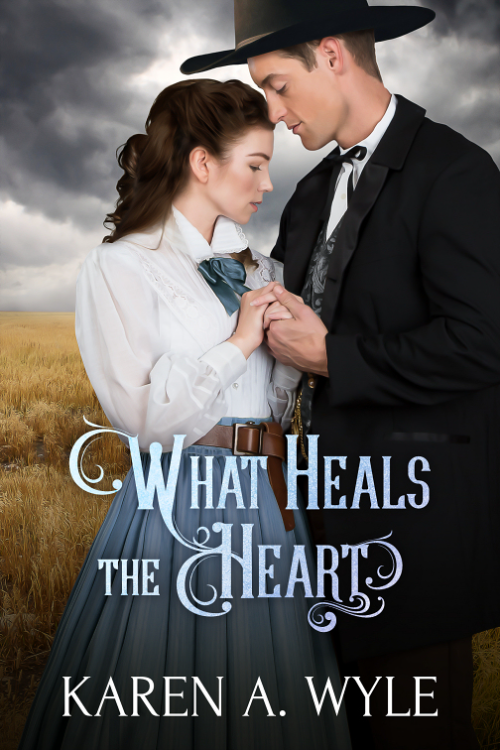Interview with Karen A. Wyle
Author of What Heals the Heart
As a novelist, I write SF (near future as well as alien planets), fantasy, and historical romance. I also write picture books, collaborating with various illustrators. I'm a quasi-retired appellate attorney, and have written one nonfiction book, attempting to summarize American law and legal practice for the benefit of anyone who wants to better understand the American legal landscape.
Buy this book
What are the book and the series about?
- This novel is Book 1 in a historical romance series set in late 19th century Nebraska, in the small fictional town of Cowbird Creek. Each book focuses on at least one resident of the town, with the (eventual) romantic partner either another resident or a newcomer (or someone passing through). Each book deals with one or more sociological and/or political issue arising from the historical and geographical setting. I aim to write thoughtful and compassionate fiction that strikes a balance between plot and character emphasis (with the plot following the fundamental requirements of the genre).
What was your inspiration for this book?
- My first idea was fairly far from where the book ended up taking me. The main character was initially a detective rather than a doctor, and the mutual-matchmaking plot was considerably more central. But the Old West setting remained from first to last.
After writing so much SF and fantasy, how did you come to write historical romance?
- I've enjoyed historical fiction for many years, and for almost as long (since I started writing fiction), I've been intimidated at the thought of doing the necessary research. More recently, I started reading romance, both historical and contemporary. Somehow, as I contemplated National Novel Writing Month (see my answer to Question 6) in 2018, this story crept up and grabbed me.
Did you find the research for this book and series very challenging? What sources did you consult?
- To my surprise, relief, and delight, it wasn't nearly as much of a slog as I'd feared. It would have been much more arduous if I'd undertaken such a task in my youth (before personal computers, digitized books, and the Internet). I was able to consult quite a variety of sources from the cluttered comfort of my computer desk. Those included, for example: newspapers from the period and locale (well, nearby, as my locale didn't exist); county and state records, including census records, railroad maps and schedules, and indices of goods sold or transported; doctoral theses; and articles and online discussions about innumerable topics, from forms of polite address to horse care to medicine to medicine shows. I spoke to many helpful county historians, reference librarians, museum staff, and similar officials and academicians. I also consulted the Online Etymological Dictionary and Google Ngram Viewer to check whether words and phrases would have been current at the time.
What advice would you give to aspiring authors?
- Apologetic note: my answers to this and the following question are identical to answers to the same question in other interviews.
Find your own process (see below for mine), and don't worry AT ALL if it isn't the same as what any other writer does or recommends. There's no one path that necessarily leads to either success or failure. Similarly, there are no rules (except, perhaps, for what I've just said . . .) that you must follow. There's some grain of truth in many of them, but if you want to, for example, use adverbs liberally, or start with a prologue, or write without outlining first, or conversely, write a detailed outline before you begin, go for it!
Also, before you decide whether to pursue traditional publishing or to self-publish, study up on what both those paths entail. Use current sources -- this is rapidly changing territory.
Could you talk a little about your writing process?
- Apologetic note: my answers to this and the following question are identical to answers to the same question in other interviews.
I've written almost all my novels by taking advantage of National Novel Writing Month (NaNoWriMo or NaNo for short). In NaNo, writers all over the world undertake to write a rough draft of a novel, at least 50,000 words long, entirely within the month of November. It's great for people who tend to second-guess everything they write, or to edit and re-edit as they write, because there's no time for either. Caveat: those rough drafts usually need a great deal of revising and editing afterward. I take December off and then dive in in January, spending months on multiple rereads and revision drafts.
When I've got to the point where I think the book is close to final, and/or I can't stand to look at it any more, I send it to beta readers, along with a list of questions. I find those readers among fans of my earlier books and in Goodreads groups (e.g., the one helpfully called Beta Reader Group). If two or more readers raise the same concern, I give whatever they've flagged a hard look -- though I rarely adopt any solution they offer me.
Then I self-publish.
Which character has had the greatest impact on readers?
- Aside from the participants in the romance, I'd say it's Freida Blum, a Jewish widow from New York who would like nothing better than to feed Joshua Gibbs to bursting and find him just the right woman to marry. Her speech patterns are based on my grandparents and various members of their generation. (I'm first generation American.)
What are your views about sex is in romance, in historical romance, and in this book?
- I'm not, in general, conservative in my outlook on social issues, but when it comes to explicit sex in fiction, I can do without it, and a little goes not only a long way but often too far. My books are slow burn, closed door romances -- with the exception of a few scenes written from the point of view of a working prostitute (in What Frees the Heart, Book 2 in the Cowbird Creek series), and even those eschew the details and language so common in mainstream romance these days.
How have readers responded ?
- This novel and the Cowbird Creek series have been my most popular fiction.
Where next? What are you working on now?
- I'm in the revise-and-edit stage of preparing my latest novel for publication. That novel combines a popular trope -- the Fair Folk, aka the fae or faeries -- with one of my own frequent devices, the injection of lawyers into whatever plot I have going. I hope that unusual combination will interest and intrigue readers. After that, I am leaning toward returning to Cowbird Creek. I already know which resident is likely to find her Happily Ever After this time around.
Synopsis
Joshua Gibbs survived the Civil War, building on his wartime experiences to become a small town doctor. And if he wakes from nightmares more often than he would like, only his dog Major is there to know it.
Then two newcomers arrive in Cowbird Creek: Clara Brook, a plain-speaking and yet enigmatic farmer’s daughter, and Freida Blum, an elderly Jewish widow from New York. Freida knows just what Joshua needs: a bride. But it shouldn’t be Clara Brook!
Joshua tries everything he can think of to discourage Freida’s efforts, including a wager: if he can find Freida a husband, she’ll stop trying to find him a wife. Will either matchmaker succeed? Or is it Clara, despite her own scars, who can heal the doctor’s troubled heart?

